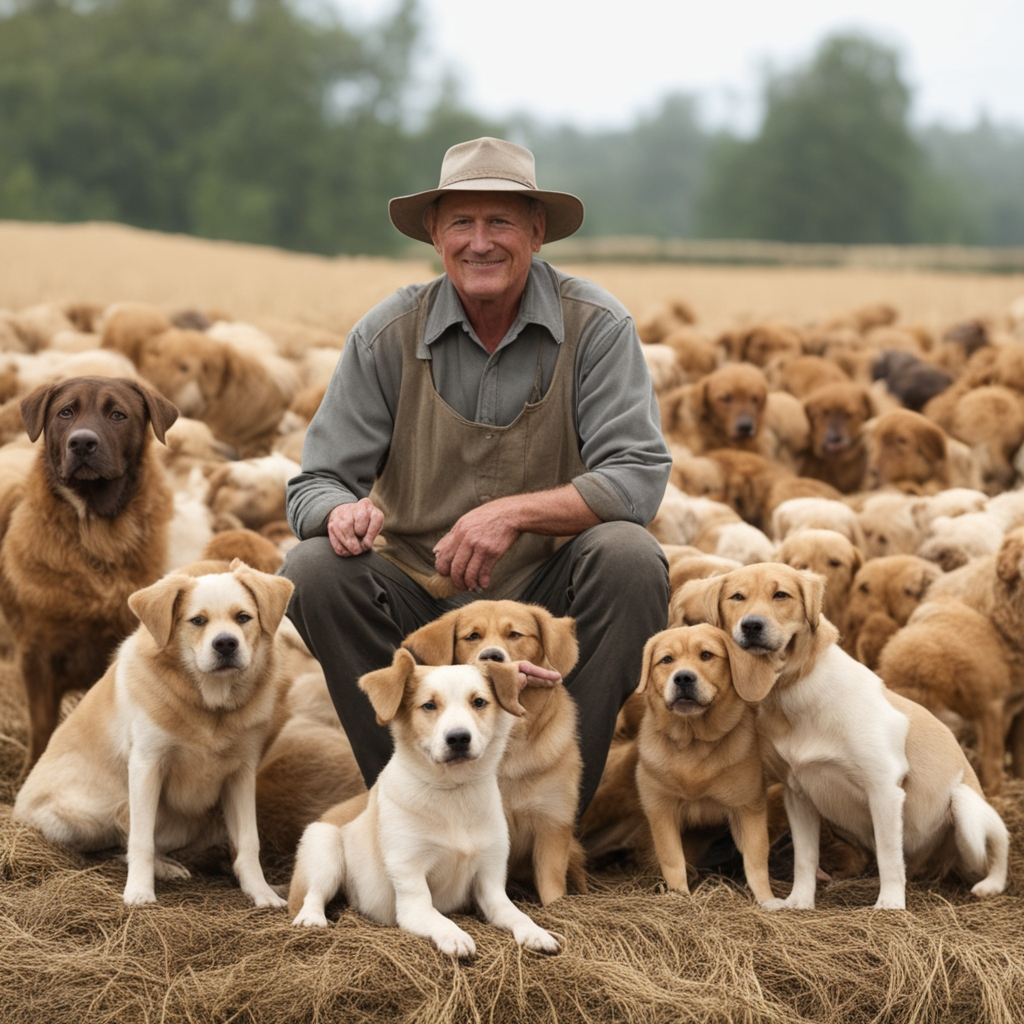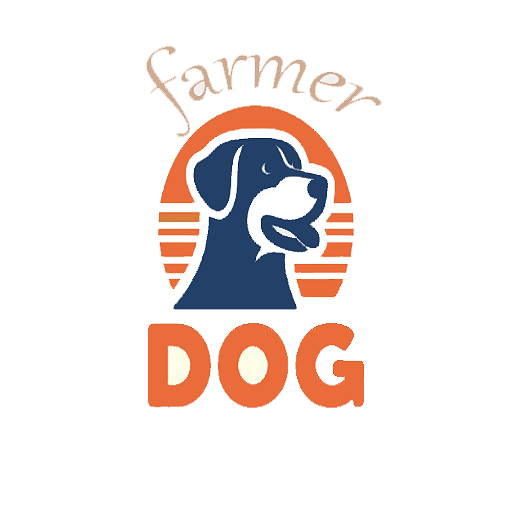Farm dogs have a long and storied history, serving as integral parts of agricultural communities worldwide. Beyond the heartwarming images of loyal companions, these dogs play crucial roles in livestock management, protection, and general farm tasks. This article delves into the diverse world of farm dog breeds, exploring their unique traits, responsibilities, and the specific needs of these hardworking animals.

The Importance of Farm Dogs in Agriculture
The role of a farm dog extends far beyond simple companionship. They are essential workers, contributing significantly to the efficiency and safety of a farm operation. Their tasks often include herding livestock, protecting both animals and property from predators, and assisting with various farm chores. From rounding up cattle in vast pastures to guarding poultry against foxes, farm dogs provide a vital service that often goes unnoticed. Their presence can significantly reduce the need for human intervention in many labor-intensive tasks, thus increasing overall farm productivity.
Key Traits of a Successful Farm Dog
Farm dogs aren’t just any breed; they need a specific set of traits to excel in their demanding roles. These often include:
- Intelligence and Trainability: A high degree of intelligence is crucial for understanding and responding to commands, especially in complex herding situations. Trainability allows for the development of specific skills tailored to the farm’s needs.
- Stamina and Endurance: Farm dogs often work long hours in varied terrains and weather conditions. Stamina and endurance are vital for maintaining focus and efficiency throughout the workday.
- Courage and Confidence: Farm dogs must be confident in their ability to handle livestock and potential threats. A courageous nature is essential for warding off predators and ensuring the safety of the farm’s animals.
- Temperament and Calmness: While courage is important, a calm and even temperament is equally crucial. A dog that can handle the stress of working with livestock without becoming aggressive or overly anxious is invaluable.
- Health and Resilience: A healthy constitution is paramount. Farm dogs often face harsh environments and demanding workloads, requiring resilience and a strong immune system.
Common Farm Dog Breeds and Their Roles
Numerous breeds have adapted well to the demands of farm life, each with its own set of strengths. Some of the most popular and effective include:
- Collies: Known for their herding prowess, Collies exhibit exceptional intelligence and trainability. Their ability to work with livestock, particularly sheep, is legendary. Their strong work ethic and keen observation skills make them ideal for managing large herds.
- Australian Shepherds: Similar to Collies in their herding abilities, Australian Shepherds are known for their agility and stamina. Their intelligence and trainability make them adaptable to a wide range of farm tasks.
- Border Collies: Highly intelligent and fiercely devoted to their work, Border Collies are arguably the pinnacle of herding dogs. Their exceptional speed, precision, and instinctive understanding of livestock movements make them indispensable on many farms.
- German Shepherds: While versatile, German Shepherds excel in protection and security roles on farms, effectively deterring potential predators and guarding livestock. Their intelligence and trainability make them capable of learning complex tasks.
- Great Pyrenees: Originally bred for guarding livestock, Great Pyrenees are formidable guardians. Their large size and protective instincts make them excellent protectors against predators like wolves and bears. Their calm temperament around livestock is a critical asset.
Case Study: The Importance of Farm Dogs in Sheep Farming
In a sheep farming operation in the Scottish Highlands, a Border Collie named “Finn” played a pivotal role in managing a flock of 500 sheep. His exceptional herding skills minimized the need for extensive human intervention, reducing the workload significantly. His ability to gather the sheep efficiently and safely in all weather conditions contributed significantly to the farm’s productivity.
Modern Applications and Challenges
While traditional breeds remain popular, modern farms sometimes utilize mixed-breed dogs or dogs with specific skill sets. The increasing use of technology on farms, such as automated feeding systems and GPS tracking, presents both opportunities and challenges for farm dogs. Maintaining the importance of human-animal interaction in these evolving environments is crucial for the well-being of both dogs and farm workers.
Conclusion
Farm dogs are more than just pets; they are vital members of the agricultural community. Their diverse skills, from herding and guarding to assisting with chores, significantly impact farm productivity and safety. Choosing the right breed, training them effectively, and understanding their unique needs are crucial for ensuring a harmonious and productive working relationship. As agriculture continues to evolve, the role of farm dogs will likely remain essential, adapting to new technologies while maintaining their traditional importance in these crucial settings.
